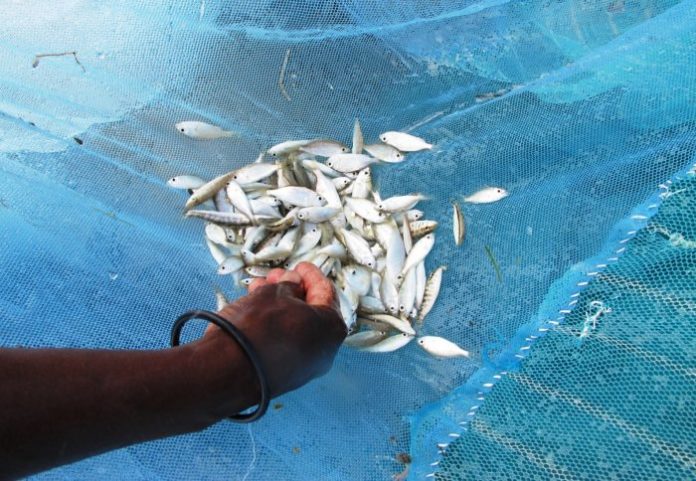Mosquito nets dispersed to battle jungle fever are frequently utilized for angling rather, affecting fish populaces and human wellbeing in creating nations.
The main ever worldwide appraisal of mosquito net fishing (MNF), distributed today in the diary PLOS ONE, uncovers full size of the training and calls for shared arrangements.
One of the real effects of MNF is that it traps youthful fish, which influences the development of future stock. This can undermine fisheries administration endeavors and effect groups that rely upon angle as their fundamental wellspring of sustenance.
The specialist group, from Imperial College London, ZSL (Zoological Society of London), and Oxford University, studied master witnesses living and working in malarial zones the world over to deliver a fast worldwide appraisal of the degree and attributes of MNF.
The examination discovered confirmation that this training jumps out at some degree crosswise over the vast majority of the world’s tropical scopes, affecting an expansive scope of various marine and freshwater environments and species.
Remarking on the investigation, lead creator Rebecca Short from the Department of Life Sciences at Imperial and ZSL’s Institute of Zoology stated: “Late decades have seen the expansive circulation of free or sponsored mosquito nets, which has had a tremendously imperative effect on lessening occurrences of intestinal sickness in creating nations.”
“While anecdotal evidence has long existed about these mosquito nets often being diverted into artisanal fishing, our study represents the first concerted attempt to gauge the scale and extent of this problem worldwide.
“We are wholly supportive of the efforts of the healthcare community to tackle this disease, which is so damaging to many people’s lives, but there needs to be further research into the potential impacts of this unintended consequence.”
MNF is especially common in Sub-Saharan Africa, where it is directed at a scope of scales: from single nets utilized by individuals swimming in the water to a few nets sewn together and tossed from pontoons. Be that as it may, the investigation additionally indicates this movement regularly being led by defenseless fishers, giving a profitable wellspring of sustenance for poor families and bringing in to address whether basically criminalizing MNF is a fitting reaction.
And additionally endeavoring to quantify the genuine size of the issue, the investigation makes various proposals for arrangement needs intended to relieve against and address the drivers of MNF later on. These incorporate better making arrangements for mosquito net appropriation endeavors and for their transfer after use, as a major aspect of endeavors to ensure marine and freshwater biodiversity while saving indispensable fish stocks.
Co-author Rajina Gurung said, “We tried to get our survey out to as many people in the international healthcare, conservation and fisheries communities as possible, and the response was geographically very broad. Madagascar, as an example, appears to have people fishing with these nets along much of its coastline and inland waters.”
Scientists believe that the study will encourage closer cooperation between healthcare, international aid/development bodies and conservationists to develop collaborative solutions to a complex issue that is linked to wider issues of poverty and food shortages in these malaria-afflicted regions.
